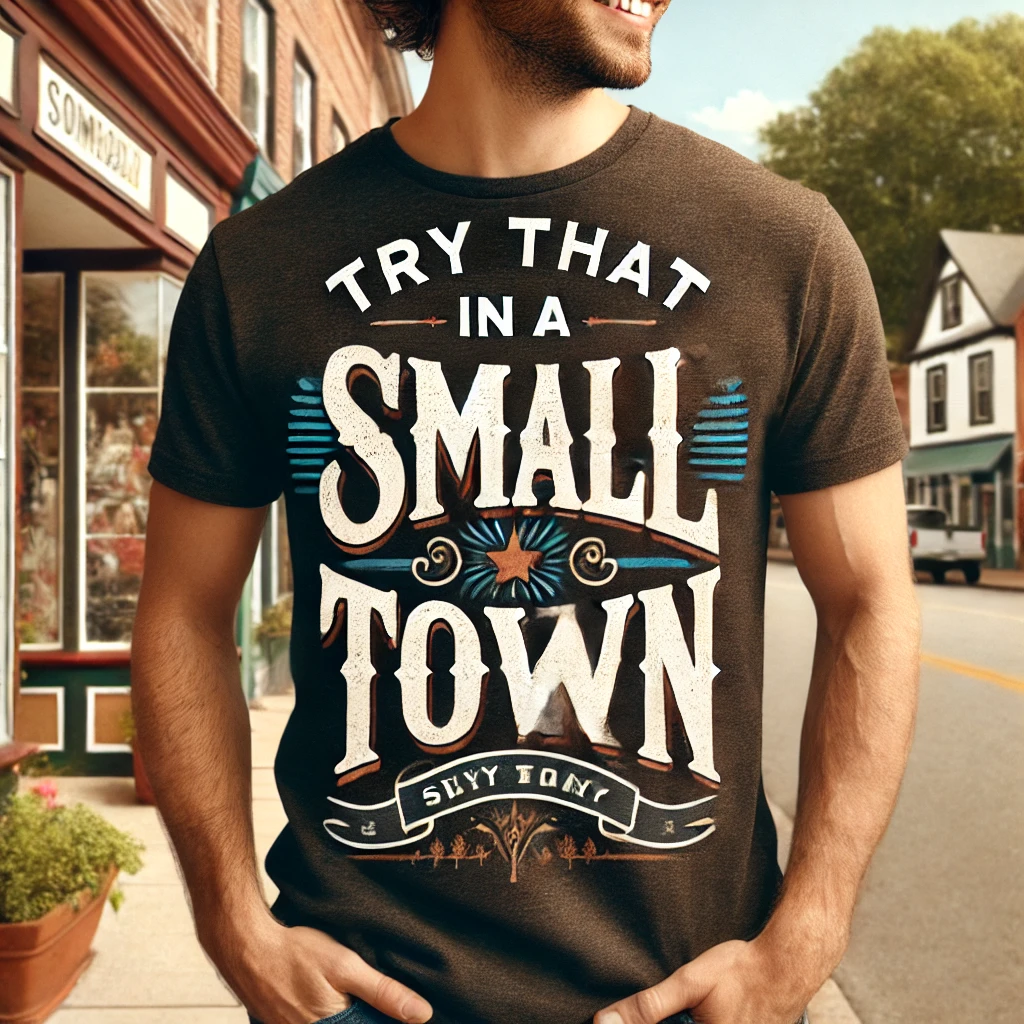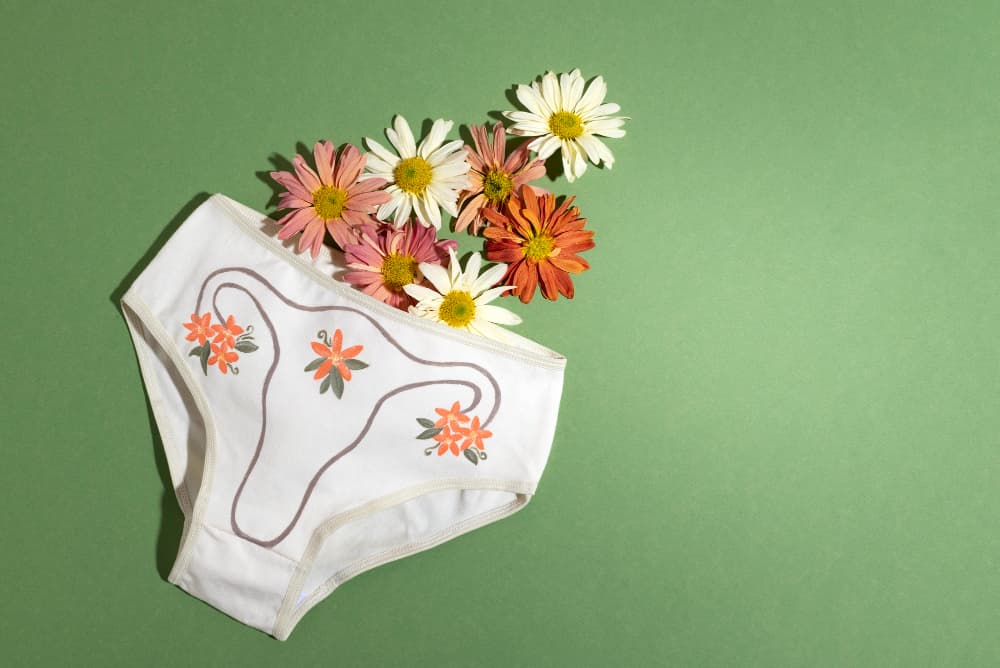
The Rise of 100% Organic Cotton Clothing: A Guide for Eco-Conscious Shoppers
Introduction
As the world grapples with the realities of climate change and environmental degradation, consumers are increasingly seeking sustainable fashion choices that align with their values. The rise of 100% organic cotton clothing has become a beacon of hope for eco-conscious shoppers looking to make responsible purchasing decisions. This guide aims to delve deep into the benefits of organic cotton, highlight leading brands in the industry, and provide tips for making informed choices that support sustainability and ethical practices.
Why Choose 100% Organic Cotton?
Benefits of 100% Organic Cotton Clothing
The choice of 100% organic cotton clothing extends beyond personal preference; it embodies a commitment to environmental stewardship. Organic cotton is grown without the use of harmful pesticides and synthetic fertilizers, which not only reduces the toxic load on our ecosystems but also promotes healthier farming practices. By choosing organic cotton, consumers contribute to a more sustainable agricultural system that prioritizes soil health and biodiversity.
Moreover, organic cotton has a significantly lower carbon footprint compared to conventional cotton. Studies indicate that organic farming practices can sequester carbon in the soil, thereby mitigating the effects of climate change. This makes organic cotton a more responsible choice for those concerned about their environmental impact.
In addition to its environmental benefits, organic cotton clothing is renowned for its comfort and softness. The absence of harsh chemicals in the growing and processing of organic cotton results in garments that are gentle on the skin, making them an excellent option for individuals with sensitive skin or allergies. This comfort extends to its breathability, ensuring that wearers remain cool and comfortable in various climates.
How Organic Cotton Differs from Conventional Cotton
The primary distinction between organic and conventional cotton lies in the farming practices employed. While conventional cotton relies heavily on synthetic chemicals, organic cotton is cultivated using natural methods that promote ecological balance. For instance, organic farmers often utilize crop rotation and natural pest management techniques, reducing the need for chemical interventions. This holistic approach not only benefits the environment but also leads to healthier, higher-quality cotton.
Additionally, the processing of organic cotton is carried out without toxic dyes and finishes, further enhancing its appeal as a sustainable fabric choice. This results in 100% cotton organic garments that are not only safe for the wearer but also have a minimal impact on the environment during production.
Key Features of Pure Cotton Clothes
Softness and Comfort of Pure Cotton Clothing
One of the hallmark qualities of pure cotton clothes is their unparalleled softness. Garments made from 100% organic cotton offer a luxurious feel against the skin, making them ideal for everyday wear. Unlike synthetic fabrics, which can often feel harsh or scratchy, organic cotton is breathable and comfortable, allowing for air circulation that keeps the body at a comfortable temperature. This makes it particularly suitable for warmer climates or during physical activities.
Moreover, organic cotton's hypoallergenic properties contribute to its comfort. Since it is free from the chemicals and dyes typically used in conventional cotton production, those with sensitive skin can wear organic cotton clothing without fear of irritation or allergic reactions.
Durability and Long-lasting Quality
In addition to comfort, pure cotton clothing is celebrated for its durability. With proper care, 100 organic clothing can withstand the test of time, making it a wise investment for your wardrobe. The strong fibers in organic cotton lend themselves to long-lasting wear, meaning that these garments can accompany you through various seasons and trends.
Unlike synthetic materials, which may wear down or lose their shape after repeated washes, organic cotton tends to maintain its integrity over time. This durability not only reduces the need for frequent replacements but also contributes to a more sustainable approach to fashion, as it helps minimize waste in landfills.
Hypoallergenic Properties of Cotton-Only Clothes
Another significant advantage of cotton-only clothes is their hypoallergenic nature. Organic cotton is devoid of harsh chemicals, making it a safe choice for individuals with allergies or sensitive skin. Wearing pure cotton clothing can help reduce the risk of skin irritations and allergic reactions, offering peace of mind to those who prioritize skin health.
This hypoallergenic quality also extends to children’s clothing, as parents can feel confident dressing their little ones in organic cotton garments. The gentle nature of organic cotton ensures that children remain comfortable and irritation-free, even during active play.
Top 100% Organic Cotton Clothing Brands to Consider
Overview of Leading 100 Cotton Brands
Many brands have emerged as leaders in the organic cotton movement, championing sustainable practices and producing high-quality 100% organic cotton clothing. Companies like Patagonia, Eileen Fisher, and People Tree have established themselves as pioneers in eco-friendly fashion, offering stylish options that align with sustainable values.
Patagonia is particularly well-known for its commitment to environmental responsibility, incorporating recycled materials and ethical practices into its production process. Their line of organic cotton clothing showcases a dedication to sustainability while maintaining stylish and functional designs.
Similarly, Eileen Fisher emphasizes transparency in its supply chain and prioritizes organic and sustainable materials. The brand’s focus on timeless, versatile pieces encourages consumers to invest in quality over quantity, promoting a more sustainable wardrobe.
People Tree is another noteworthy brand that has been a champion of fair trade practices and organic cotton since its inception. Their clothing is designed with both style and ethics in mind, ensuring that shoppers can feel good about their purchases.
Exploring the Best Pure Cotton Clothing Brands
When searching for pure cotton clothing, it’s essential to look for brands that emphasize transparency and ethical practices. Thought Clothing and Kuyichi are excellent examples of organic apparel brands that focus on sustainability while providing trendy and versatile clothing options.
Thought Clothing combines contemporary design with sustainable practices, using natural and organic materials in its collections. Their focus on timeless styles ensures that each piece can be worn for years to come, minimizing the need for frequent replacements.
Kuyichi, known for its denim offerings, incorporates organic cotton into its designs and is dedicated to fair trade principles. By prioritizing sustainable practices, Kuyichi proves that stylish clothing can also be environmentally responsible.
Spotlight on Emerging Organic Apparel Brands
In addition to established brands, there are many emerging organic apparel brands worth exploring. Companies like Nau and Reformation are making waves in the industry by combining style, sustainability, and innovative design.
Nau is known for its sleek, urban aesthetic and commitment to sustainability. Their use of organic cotton, recycled materials, and ethical manufacturing practices makes them a go-to choice for eco-conscious shoppers seeking modern, stylish pieces.
Reformation has gained popularity for its trendy designs and transparency in environmental impact. By offering a range of 100% organic cotton clothing options, Reformation demonstrates that sustainable fashion can also be fashionable and accessible.
How to Identify 100 Percent Organic Cotton Clothing
Certifications to Look For in Organic Apparel
When shopping for organic cotton clothing, it’s essential to look for certifications that guarantee the product’s authenticity. The Global Organic Textile Standard (GOTS) is a widely recognized certification that ensures textiles are made from organic fibers and adhere to strict environmental and social criteria. GOTS-certified products are produced in compliance with rigorous environmental standards, from farming to manufacturing.
Other certifications to consider include the OEKO-TEX Standard 100, which guarantees that the fabric is free from harmful substances. This certification ensures that the clothing is safe for human health and produced in a manner that minimizes environmental impact.
Tips for Spotting Non-Synthetic Clothing Options
To ensure you’re purchasing non-synthetic clothing, always check the label for materials. Look for terms like “100% organic cotton” or “certified organic cotton.” Avoid garments labeled as “cotton blends,” as these may contain synthetic fibers. Familiarizing yourself with the feel of pure cotton can also help; organic cotton is generally softer and more breathable compared to synthetic alternatives.
In addition to examining labels, consider the brand’s mission and values. Many reputable brands emphasize their commitment to sustainability and ethical practices, providing further assurance of their authenticity.
Building a Sustainable Wardrobe with Cotton-Only Clothes
Creating a Capsule Wardrobe with Pure Cotton Clothes
A capsule wardrobe is an excellent way to embrace sustainable fashion while minimizing your environmental impact. By curating a selection of high-quality pure cotton clothing, you can mix and match pieces to create versatile outfits. Focus on timeless styles that can be worn in various settings, ensuring that you get the most wear out of each item.
Investing in a few key pieces, such as classic tees, versatile dresses, and comfortable pants, can provide a solid foundation for your wardrobe. This approach not only simplifies your daily choices but also reduces the impulse to purchase fast fashion items that contribute to environmental degradation.
How to Care for 100 Cotton Organic Garments
To extend the life of your organic cotton clothing, proper care is crucial. Wash garments in cold water using mild detergent, and avoid bleach or fabric softeners, which can break down the fibers over time. Air drying is preferable, as it helps maintain the fabric’s integrity and reduces energy consumption. If you must use a dryer, opt for a low heat setting to prevent shrinkage and preserve the garment's shape.
Additionally, consider storing your organic cotton clothing in a cool, dry place away from direct sunlight to prevent fading and damage. With these care tips, you can enjoy your 100% organic cotton pieces for years to come, maximizing your investment in sustainable fashion.
The Future of Organic Apparel Brands and Non-Synthetic Clothing
Growing Trends in 100 Organic Clothing
As consumer demand for sustainable fashion rises, the market for 100% organic cotton clothing continues to expand. Brands are innovating with eco-friendly materials, designs, and production processes, making it easier than ever for shoppers to make sustainable choices. The focus on ethical manufacturing and transparent supply chains is becoming a standard expectation, pushing more brands to adopt sustainable practices.
The rise of online shopping has also made it easier for consumers to access a variety of organic apparel brands, further promoting the growth of sustainable fashion. As awareness of the environmental impacts of the fashion industry continues to grow, consumers are actively seeking out brands that prioritize sustainability and ethical practices.
Innovations in Sustainable Fashion: What’s Next?
Looking ahead, we can expect further advancements in sustainable fashion. Brands are exploring alternatives to traditional fabrics, such as biodegradable options and innovative recycling methods. This shift towards a more circular fashion economy will play a crucial role in reducing waste and promoting eco-conscious shopping habits.
Innovative technologies, such as waterless dyeing techniques and closed-loop production processes, are also emerging in the organic cotton sector. These advancements not only minimize environmental impact but also enhance the quality of the final products.
Additionally, collaborations between brands, non-profits, and environmental organizations are fostering greater awareness and education around sustainable fashion. As more consumers become informed about the importance of eco-friendly choices, the demand for organic cotton clothing will likely continue to grow.
Conclusion
Making the switch to 100% organic cotton clothing is a powerful way to support sustainability and promote a healthier planet. By choosing pure cotton clothes and prioritizing organic apparel brands, eco-conscious shoppers can make a meaningful impact in the fashion industry. The benefits of organic cotton extend beyond personal comfort; they encompass environmental stewardship and ethical practices that resonate with today’s conscious consumer.
As you navigate the world of sustainable fashion, remember that every choice counts. Embrace the benefits of organic cotton and contribute to a more sustainable future, one garment at a time. With the right information and mindset, you can make informed decisions that not only enhance your wardrobe but also protect the planet for generations to come.
















